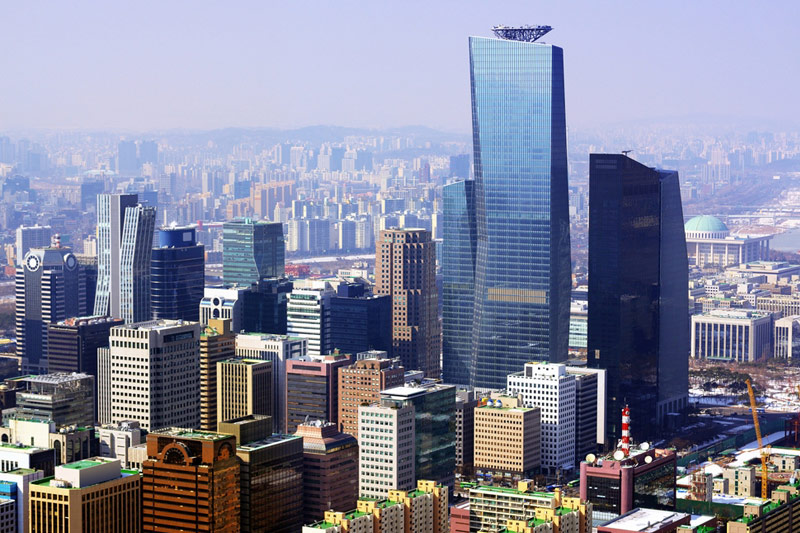SEOUL (Reuters) - South Korea's manufacturing activity contracted for a third consecutive month in May and fell to its lowest level since mid-2013, a private survey showed on Monday, casting further shadows on the country's economic recovery.
The HSBC/Markit purchasing managers' index (PMI) of South Korea's manufacturing sector slid to a seasonally adjusted 47.8 in May from 48.8 in April, Markit Economics said in a statement.
The May reading was the lowest since the index stood at 47.5 in August 2013.
A reading below 50 means activity shrank during the month, and the index last stood above the neutral line in February.
A sub-index for new export orders that South Korean companies received during the month edged up to 47.9 in May from 47.6 for April but remained well in contractionary territory, while overall new orders shrank at a faster pace, pointing to softening domestic demand, too.
A statement from HSBC/Markit said survey participants highlighted lower trade volumes, particularly from China.
Detiorating conditions prompted manufacturers to shed workers for the fourth time in eight months.
Data last week showed factory output in April fell for a second month as weak exports cut demand.
While exports remain weak, domestic consumption and investment have been showing some signs of recovery and the government now believes the economy will fare better in the second half compared to the first six months of the year.
Even as some recent indicators have highlighted weaknesses in the economy, more economists now doubt that the central bank will lower interest rates again from its current record-low level of 1.75 percent. Policymakers expect household borrowing will rise steadily thanks to the impact of earlier rate cuts.
The Bank of Korea has kept interest rates unchanged since its last cut in March, stating earlier this month that swiftly rising household debt was one of the key reasons for staying its hand in May.
The current slowdown in South Korea's economy could devolve into a protracted bout of deflation, the International Monetary Fund warned in late May, urging the central bank to cut rates.
